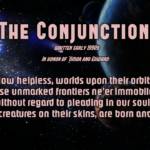
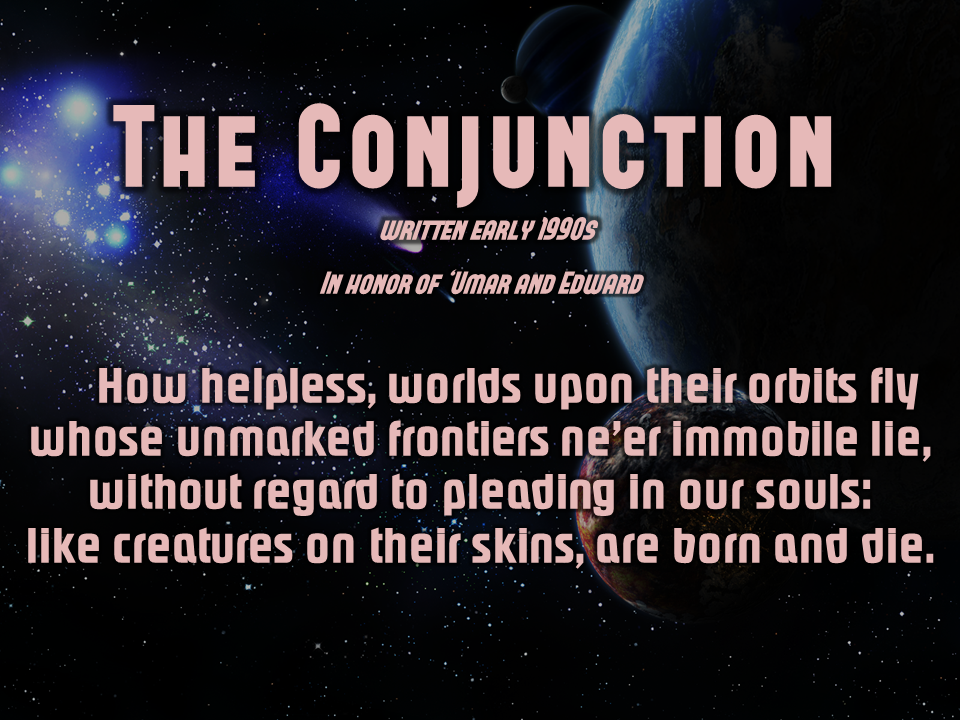

 The Shia LeBeouf plagiarism scandal has gone completely off the rails. He has now been caught stealing content from multiple authors and even from multiple apologies.
The Shia LeBeouf plagiarism scandal has gone completely off the rails. He has now been caught stealing content from multiple authors and even from multiple apologies.
I feel I should comment on this, because no one seems to be getting to the ultimate cause of this and other plagiarism scandals in literature, science, and politics. The disease behind these symptoms is the polite Western myth that we are all creative equals, a myth which manifests in a variety of forms. Continue reading

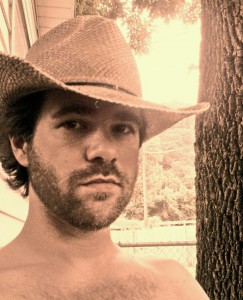 Business Insider recently published a map showing the most popular television show set in each state of the US. (Sorry again, DC!) As you can imagine, some states’ shows were more recognizable than others.
Business Insider recently published a map showing the most popular television show set in each state of the US. (Sorry again, DC!) As you can imagine, some states’ shows were more recognizable than others.
The most popular television show set in Delaware is The Pretender? That won’t do. How about we get Ocean City in front of someone who can do something about it?
And, I know West Virginia isn’t the most well-respected state in the Union (how do you win a war and still have to pick a new name?) but it’s most popular program is Hawkins, a show that ran for one season every third week in the 1970s?!* I think I might try to come up with an Elevator Pitch for West Virginia, too.
_
* “Reality” shows like Buckwild weren’t considered.
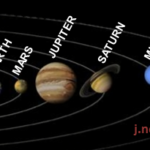
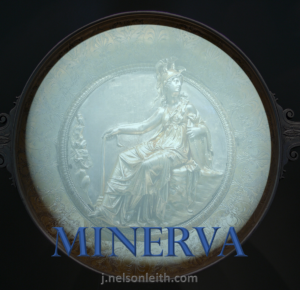 It has never (yet!) been a serious possibility, but the proposal to rename Uranus does keep popping up. And not simply because it sounds perverse in English no matter how you stress it, but because it violates the theme of the planets in our star system having names of gods in Latin.
It has never (yet!) been a serious possibility, but the proposal to rename Uranus does keep popping up. And not simply because it sounds perverse in English no matter how you stress it, but because it violates the theme of the planets in our star system having names of gods in Latin.
“Uranus” was simply a Latin transliteration of a Greek god’s name. Moreover, the Greek Ouranos was god of the entire sky, so it’s a little weird to give a single planet this name.
Unfortunately, since Uranus was named (after a political fracas caused when William Herschel tried to name the planet he discovered after himself and then after the king of England) the other big Roman deities have mostly been scooped up. Ceres and Pluto are dwarf planets, for example. Vesta is an asteroid and Janus a satellite of Saturn.

Co-review by John Leith of j.nelsonleith.com and John Austin of Fresh Pulp magazine.
 The habit of writing and talking politics in a coffee shop is beyond cliché. And writing or debating deep issues while drinking—even if not actually in a bar—is also a well-established tradition.
The habit of writing and talking politics in a coffee shop is beyond cliché. And writing or debating deep issues while drinking—even if not actually in a bar—is also a well-established tradition.
There’s a reason why there’s a drink named after Hemingway.
But, there’s a new trend in America that also has great potential to create a salon atmosphere, not only for writing but also for discussing literature, politics, religion, culture, science, and personal life. It’s an old Middle Eastern tradition, dating at least from the 1500s, that has recently begun to take off in the West. We’re talking about the narghile, the qalyán, the shisha, i.e., that waterpipe most commonly called the hookah.
And we have found a fantastic place to partake: Andalusia Hookah Bar and Lounge in Crystal City, Virginia.

HAPPY HOLIDAYS!


So … You guys know I’m not a Franzen fanatic, but I feel compelled to share my thoughts on his recent interview at Scratch.
You guys know I’m not a Franzen fanatic, but I feel compelled to share my thoughts on his recent interview at Scratch.
The consensus seems to be that it was a great back-and-forth, and I agree. Straightforward questions, frank answers. What an interview should be.
Here are my thoughts on the the highlights, starting with the stuff with which I agree and saving my only disagreement with Franzen for last.
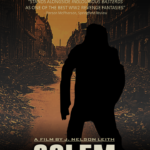
 Get this: A monster from Jewish legend, made of clay and brought to life with an ancient ritual, fights the Nazi war machine.
Get this: A monster from Jewish legend, made of clay and brought to life with an ancient ritual, fights the Nazi war machine.
What is it? A horror/revenge fantasy (feature film) about a rabbi who, after his community flees Nazi Germany, decides he must stay behind so he can undermine the Third Reich from within using a magically animated creature.
Working title: Golem.
FOLLOW-ON STUFF